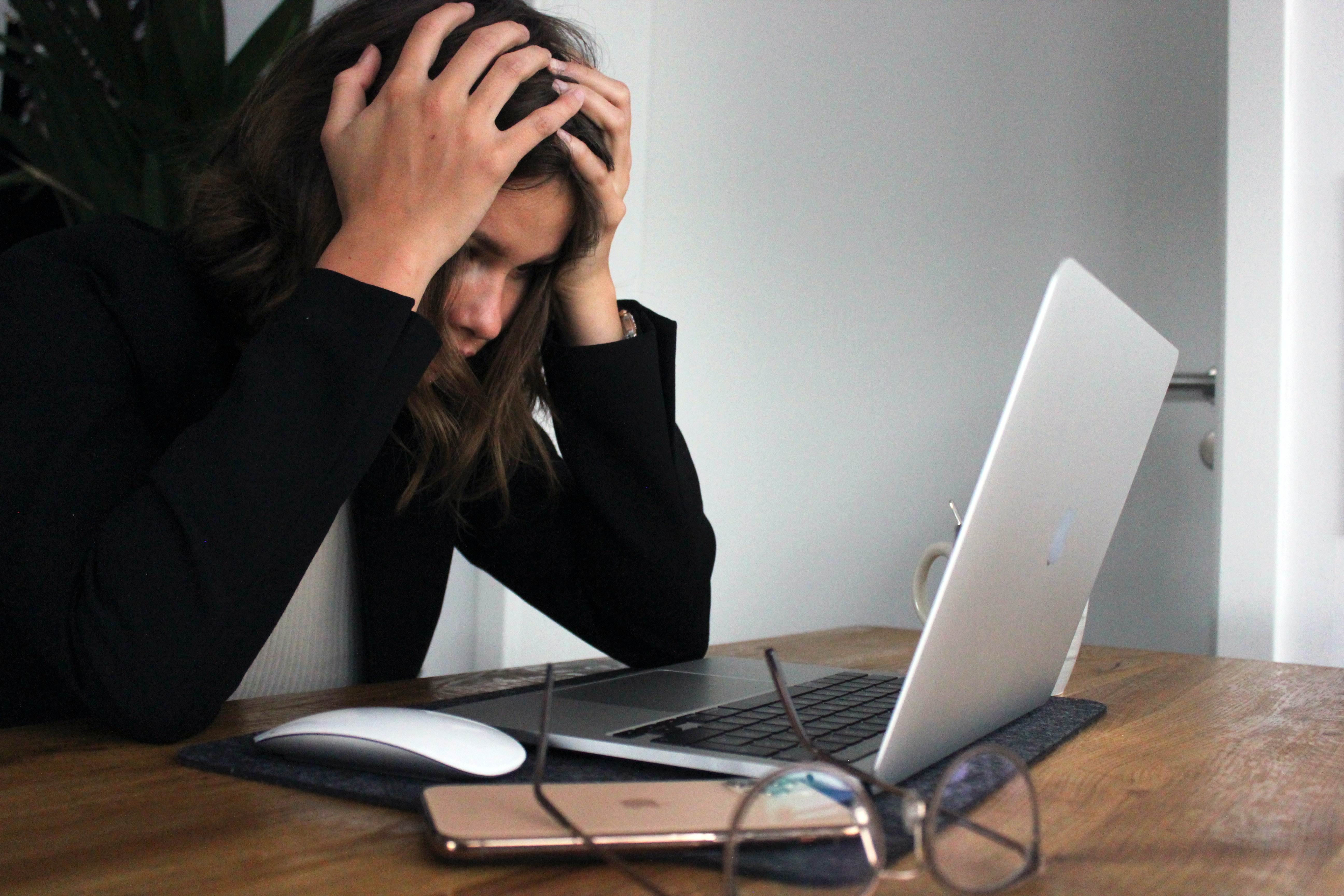News release
From:
Why thinking hard makes you tired
It’s no surprise that hard physical labor wears you out, but what about hard mental labor? Sitting around thinking hard for hours makes one feel worn out, too. Now, researchers have new evidence to explain why this is, and, based on their findings, the reason you feel mentally exhausted (as opposed to drowsy) from intense thinking isn’t all in your head.
Their studies, reported in Current Biology on August 11, show that when intense cognitive work is prolonged for several hours, it causes potentially toxic byproducts to build up in the part of the brain known as the prefrontal cortex. This in turn alters your control over decisions, so you shift toward low-cost actions requiring no effort or waiting as cognitive fatigue sets in, the researchers explain.
“Influential theories suggested that fatigue is a sort of illusion cooked up by the brain to make us stop whatever we are doing and turn to a more gratifying activity,” says Mathias Pessiglione of Pitié-Salpêtrière University in Paris, France. “But our findings show that cognitive work results in a true functional alteration—accumulation of noxious substances—so fatigue would indeed be a signal that makes us stop working but for a different purpose: to preserve the integrity of brain functioning.”
Pessiglione and colleagues including first author of the study Antonius Wiehler wanted to understand what mental fatigue really is. While machines can compute continuously, the brain can’t. They wanted to find out why. They suspected the reason had to do with the need to recycle potentially toxic substances that arise from neural activity.
To look for evidence of this, they used magnetic resonance spectroscopy (MRS) to monitor brain chemistry over the course of a workday. They looked at two groups of people: those who needed to think hard and those who had relatively easier cognitive tasks.
They saw signs of fatigue, including reduced pupil dilation, only in the group doing hard work. Those in that group also showed in their choices a shift toward options proposing rewards at short delay with little effort. Critically, they also had higher levels of glutamate in synapses of the brain’s prefrontal cortex. Together with earlier evidence, the authors say it supports the notion that glutamate accumulation makes further activation of the prefrontal cortex more costly, such that cognitive control is more difficult after a mentally tough workday.
So, is there some way around this limitation of our brain’s ability to think hard?
“Not really, I'm afraid,” Pessiglione said. “I would employ good old recipes: rest and sleep! There is good evidence that glutamate is eliminated from synapses during sleep.”
There may be other practical implications. For example, the researchers say, monitoring of prefrontal metabolites could help to detect severe mental fatigue. Such an ability may help adjust work agendas to avoid burnout. He also advises people to avoid making important decisions when they’re tired.
In future studies, they hope to learn why the prefrontal cortex seems especially susceptible to glutamate accumulation and fatigue. They’re also curious to learn whether the same markers of fatigue in the brain may predict recovery from health conditions, such as depression or cancer.



 International
International



